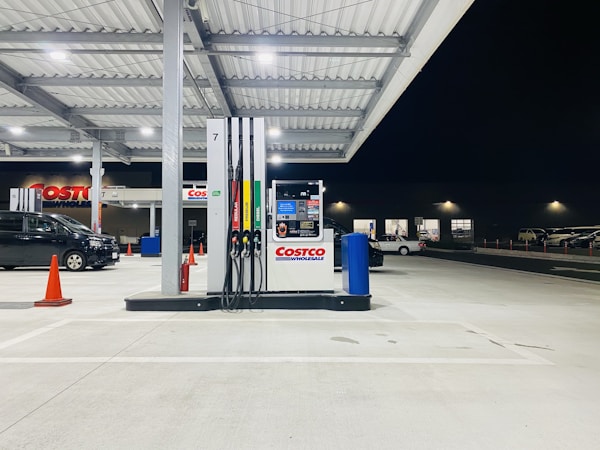Are you looking to launch your own fuel station? There are many steps to follow and important tips to consider in order to have a successful launch. Keep reading to find out the essential tips for launching your own fuel station.
Choose the right zoning regulations for your business.

When launching your own fuel station, it is important to understand the zoning regulations in your area. Zoning regulations are laws that designate how an area can be used and what can be built on it. These laws will determine where you can build and operate your station, as well as any restrictions that might apply. There may be additional requirements such as parking lots or other structures needed for compliance with local ordinances. It is essential to research the specific regulations of your location before beginning construction or purchasing land for your station.
Obtain fuel and permits.
Esso diesel is a fuel that has become increasingly popular over the years due to its cost-effective and high-performance qualities, as well as its ability to provide higher octane ratings than regular gasoline. As with any start-up business venture, launching an Esso diesel fuel station requires careful planning and research in order to ensure a successful outcome. When operating this type of business, you’ll need to find the right supplier and acquire the proper permits, licenses, and insurance coverage for your location. It’s important to research local laws regarding zoning regulations, fire codes, hazardous materials management requirements, and other legalities that may apply. Additionally, it’s important to consider safety protocols such as emergency response plans should an accident occur at your facility. Once all necessary documents are obtained, you can move on to finding the right land or building for your operation; this includes researching potential sites based on their proximity to current gas stations or other restrictions related to environmental concerns or regulatory compliance issues.
Invest in proper maintenance.

Once you start a business, you’ll need to invest in proper maintenance. For example, your fuel stations will need a quality roof. In this case, commercial roofers in Abilene, TX can be a great asset. They provide valuable services such as installing and maintaining roofs for your business, and they also understand the unique needs of running a gas business in this area. They are familiar with local building codes and regulations related to energy efficiency and other safety measures that need to be taken when operating these types of businesses. In addition, commercial roofers in Abilene will know what works best for the type of business you are operating.
Check insurance requirements.
Investigating insurance requirements is an important step to consider when launching your own business. Every business needs some form of liability coverage, and fuel stations are no exception. This is because they may be exposed to a variety of potential risks, such as customer slips and falls, property damage caused by fires or other emergencies, and other liabilities that could arise from the sale of gasoline. It’s essential to determine what type of business insurance you require so that you can adequately protect your business against these types of losses. First, contact local insurers who specialize in this area. These companies can provide information on the specific coverages available for gas stations and how much those coverages typically cost. They’ll also be able to advise on any particular laws or regulations related to insuring a gas station, which may vary depending on where it’s located. Additionally, many states have certain minimum coverage amounts required for businesses selling gasoline before they can obtain their license to operate legally; it’s important that you know about any applicable rules before starting up operations at your new location.
Overall, launching your own fuel station is an incredibly complex task that requires extensive research and preparation. It is essential to have a comprehensive understanding of the local market, the costs associated with running a business, and the necessary regulations and safety precautions.

